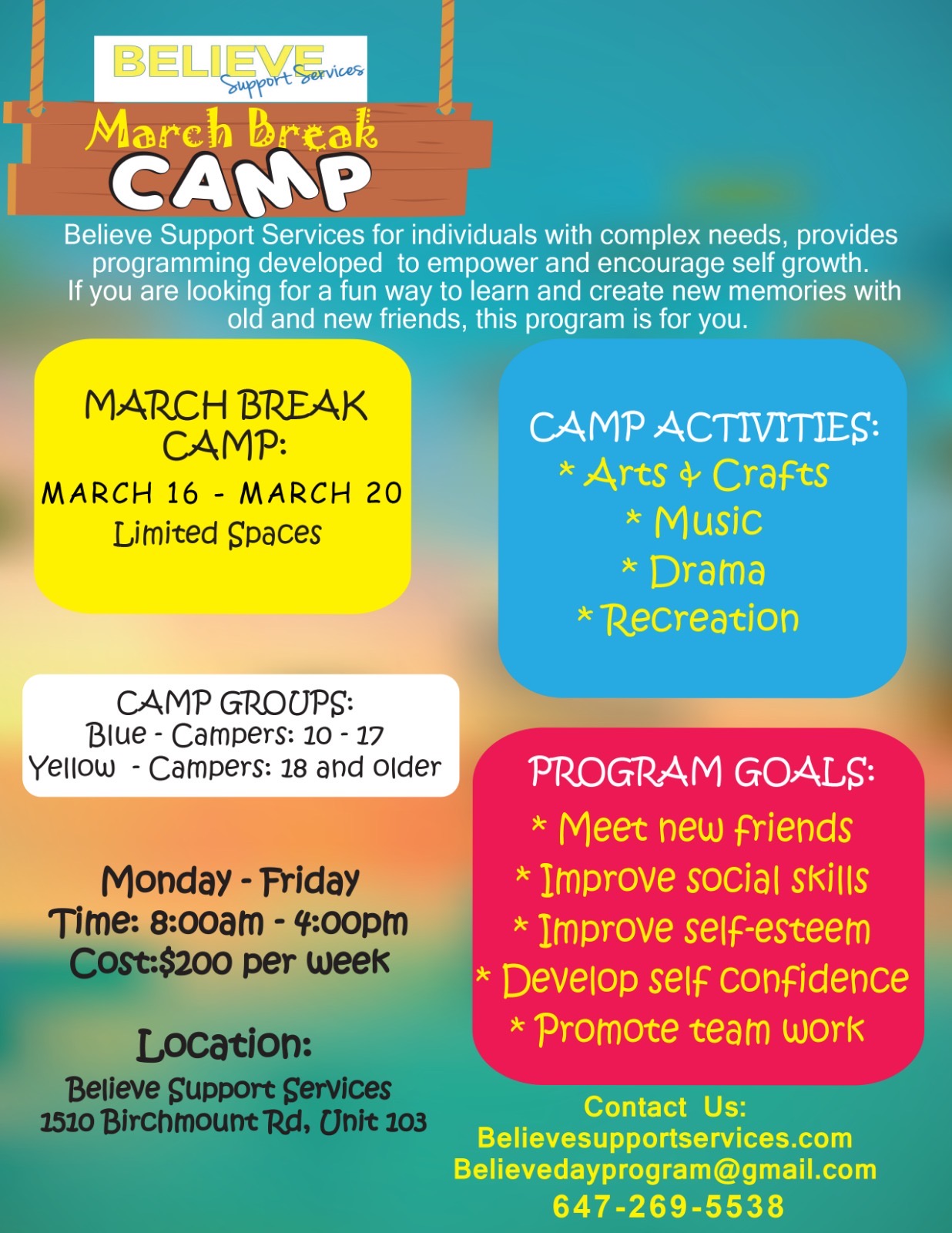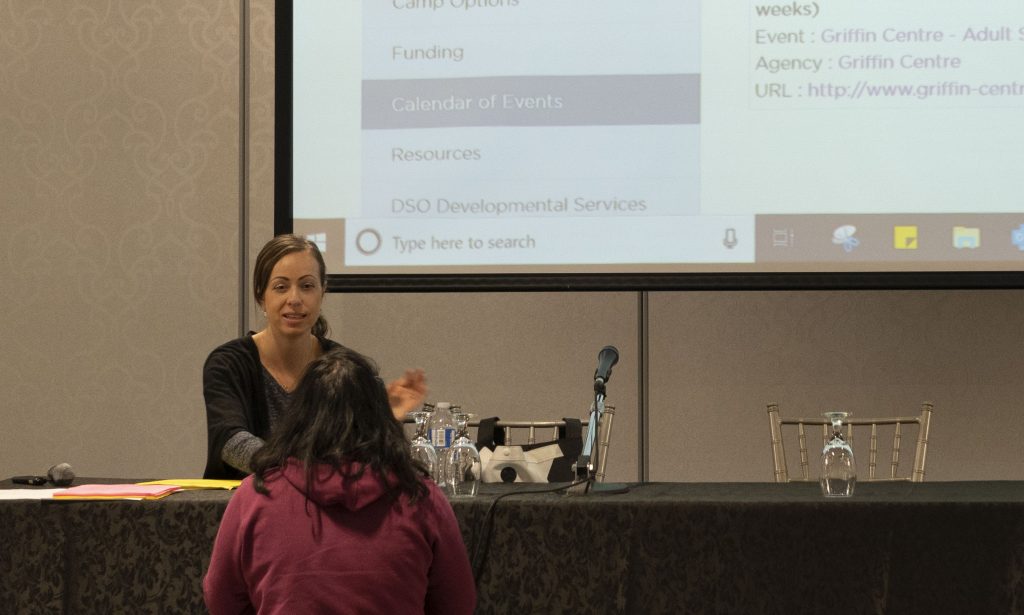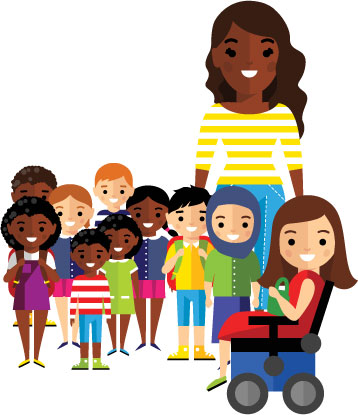Bullying: Who is a Victim? (Week Two)
- Hello Song
- Review visual schedule/rules
- Puppet Show: Script of “Who is a Victim?”.
- Act out two scenarios with puppets
- Feedback from kids on puppets’ actions in between scenarios; have children see which puppet is victim and which puppet is bully
- Skill Development: “Who do Bullies Bother”
- bullies bother children that might be different in some way (smaller, wear glasses, wear different clothes, speak differently)
- Same and Different activity
- Kids’ Bill of Rights
- Simon Says
- Read Part Two from “Bye-Bye Bully”
- Musical Hula Hoops
- Read “Bullying is Wrong” book
- Hurray Song
Who is a Victim?
[Frankie is busy playing with a car when Daisy approaches.]
Daisy: “Frankie, why are you so short?”
[Frankie keeps playing with the car and tries to ignore Daisy.]
Daisy [pokes Frankie]: “I’m talking to you, shorty. You are sooo small you look like a baby.”[Frankie stops playing with the car and looks at Daisy]
Frankie: “That’s not nice Daisy”
Daisy: “Are you going to cry baby, wa wa wa wa” [taunts Frankie and pokes him. Frankie cries.][Frankie is busy talking to a friend when Daisy approaches]
Daisy: “Hey big nose, how can you see over your huge nose?”
Frankie: “That’s rude Daisy.”
Daisy: “O.K big nose, why don’t you go and hide in the corner, big nose, big nose” [pushes Frankie]
Frankie: “Stop it” [walks away crying.]



